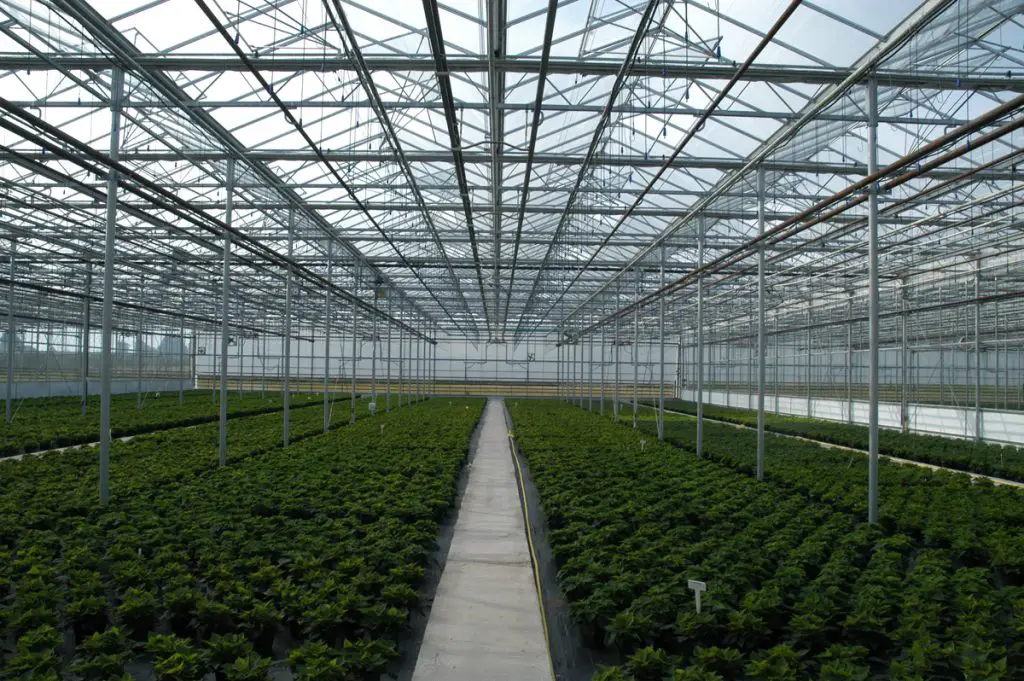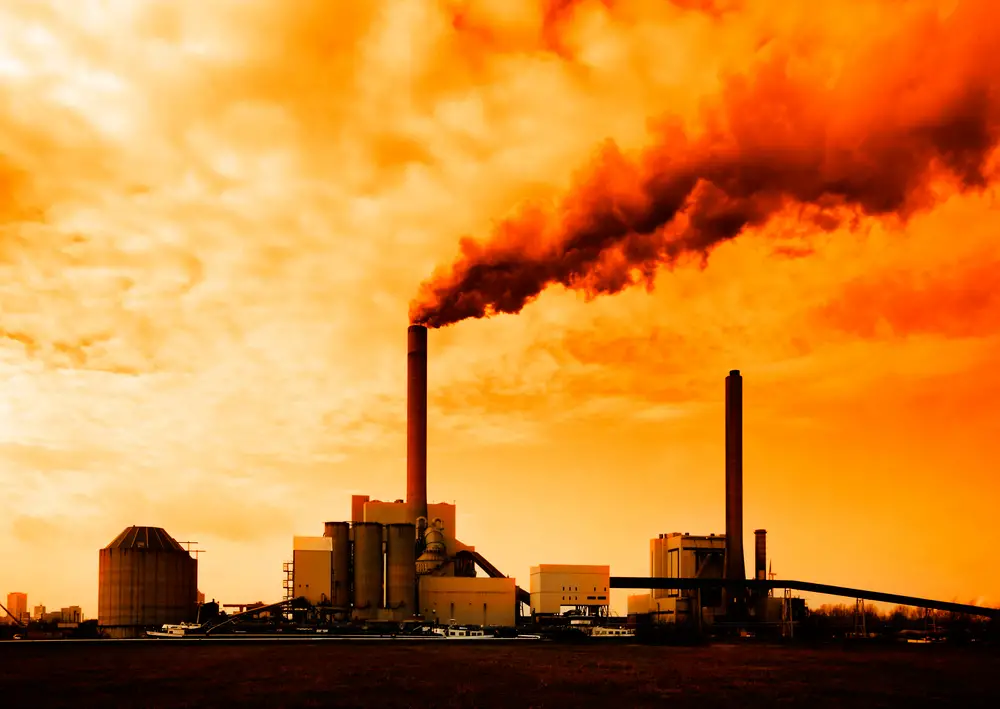Change for the Good
Climate change might be just what the world needs.
By Galen Patterson, California State University, Fullerton
Climate change is a natural process; historically, Earth has undergone periods of heating and cooling.
Approximately every one hundred thousand years, Earth changes position enough to spark a warming or cooling period. Currently, the planet is in the warming phase of the process.
Global warmth comes from the sun in short-wave radiation, which drills through the atmosphere and reaches Earth’s surface. When the surface stops receiving direct sunlight, like during the night, the warmth leaves the surface and attempts to burrow out of the atmosphere in long-wave radiation form. Long wave is less powerful than the incoming short waves, though, so some of the heat gets trapped, creating what is called the “greenhouse effect.”
Humans are not without fault when it comes to global warming. Carbon emissions from gasoline-powered vehicles and coal-burning power grids have greatly accelerated the process. The emissions hinder the heat from escaping. Since 1950, carbon dioxide levels in the atmosphere have increased by 40 percent.

And, since 1980, Earth’s surface temperatures have risen by an average of 0.5 degrees Celsius, which is an alarming rate, since the previous one hundred years of data show a rise of 0.4 degrees Celsius between 1880 and 1980. In roughly one hundred and thirty years, surface temperatures have risen by almost an entire degree.
One degree of temperature may not appear to be much of a crisis, but considering one degree makes a difference between water in a frozen state and a liquid state, it’s a big deal. Rising surface temperatures do not mean Earth is doomed, though. In fact, climate change has been largely responsible for remarkable shift in the behavior of Earth life.
In 2015, almost two hundred countries agreed to drastically reduce emissions and immediately stop the amount of current emissions from growing. All of the countries with the highest emission levels signed what is now known as the Paris Agreement.
The Paris Agreement signals more than previous climate negotiations, as it represents the willingness of the planet’s highest contributors to work together, reevaluate and constructively reorganize the carbon footprint of humanity worldwide. The agreement shows that many countries value a healthy planet over political and religious preferences.
More emphasis on reduced emissions means new markets. Innovative minds across the planet are continuously working to find more environmentally-friendly methods of production. Studies show solar-energy costs are at record lows and continue to decline, occasionally passing the cost of fossil-fueled energy in different countries.
The cost of solar energy is already cheaper when compared to fossil-fueled energy in seventy-nine countries worldwide. The number of countries is growing as new products and companies develop.
Financial institutions are more likely to invest in clean energy as well. Goldman Sachs is just one investment firm that has created an entire branch dedicated to investing in unconventional energy, outside of oil and gas.
The electric car industry is booming. In January 2017, electric car sales were up 59 percent compared to the previous year, and numbers continue to improve. Car companies have been adamantly pursuing clean-energy technology as a new market and developing vehicles to compete with each other.
The demand for eco-friendly products and companies has opened up new markets, and the companies that fill them need a workforce. Roughly six-and-a-half-million people, globally, were employed by the renewable energy industry; this number is likely to grow because of new technologies and methods of harnessing nature’s power.
Amazingly, nature has also joined the battle against climate change. Between 2002 and 2014, plants appear to be pulling more emissions out of the air, which is part of the photosynthesis process they use to grow. The oceans have also absorbed more carbon emissions than before. Together, they historically absorbed about half of all carbon emissions, but that has now been increased to roughly 60 percent.
Part of this absorption is due to the warming of formerly frozen areas of the planet. Higher surface temperatures have allowed more plants to grow in previously sparse tundras and colder regions of the globe, a process called “arctic greening,” which is currently being studied by NASA.
However the author of the study that found the increased carbon consumption in plants, Dr. Trevor Keenan, says this stroke of luck is not a trend you can expect to continue, and he warns that the process could reverse itself in the future.
With drier climates, more forests will be at risk of wildfires. Fire is an important tool to forests, and many forests are in need of being burned. When fires destroy a forest, new plants come in and change the nitrate levels in the ground. Within a few short years, an entirely new ecosystem will thrive off the rejuvenated soil. Currently, controlled burns are performed at the convenience of the people and not the planet.
Climate change has created the need to fight climate change. Countries are actively working together to reduce emissions with long-term goals, nature has stepped up to slow the effects of rapid global warming and millions across the globe are finding employment in clean energy. Climate change has ultimately created a struggle that brought out the best in the planet.


















Thank you! It’s about time someone started talking about the positives of global warming. I have been very concerned about the threat the AGW (human-caused catastrophic global warming) “scientific consensus” poses for our nation’s socioeconomic health. As a response to this potential threat I have written a paper titled:
“History and Ignorance of “Sky Is Falling” Theories with Special Emphasis on Anthropogenic Global Warming”
Here is a link to the paper. If you read it and believe it has value, please pass the link on to others.
http://fregger.com/Busiiness/Sky%20is%20Falling.html